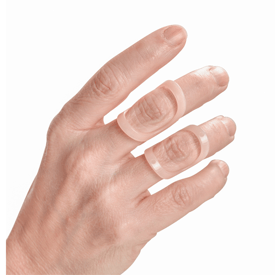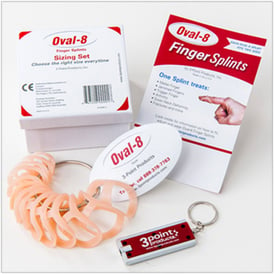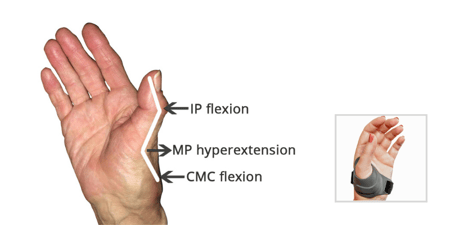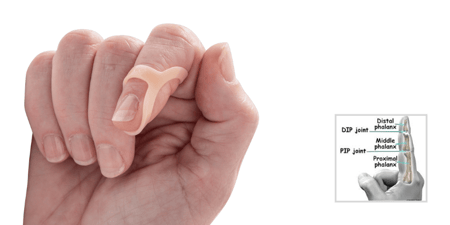What is Hypermobility?
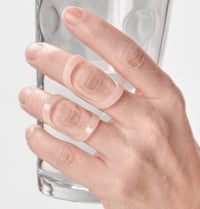 Hypermobility, hyper-elasticity, fragile skin, and poor healing are the hallmark of a rare group of genetic disorders collectively called Ehlers-Danlos Syndrome (EDS). There are six major forms of EDS, all of which affect the joints and skin. The most common form of EDS is the hypermobility type (previously called Type III). These patients may have been incorrectly deemed “double-jointed;” however, the condition is far from benign as patients are plagued by excessive joint mobility, instability and dislocation, and chronic pain.
Hypermobility, hyper-elasticity, fragile skin, and poor healing are the hallmark of a rare group of genetic disorders collectively called Ehlers-Danlos Syndrome (EDS). There are six major forms of EDS, all of which affect the joints and skin. The most common form of EDS is the hypermobility type (previously called Type III). These patients may have been incorrectly deemed “double-jointed;” however, the condition is far from benign as patients are plagued by excessive joint mobility, instability and dislocation, and chronic pain.
To date, there is no specific gene test for the hypermobility type (as there is for type 1 or Classical EDS). There is no cure for EDS but it can be managed with lifestyle changes, physical and occupational therapy, NSAIDs, and splinting.
Symptoms of Hypermobility
- Joint hypermobility (Thumbs can be pushed back to touch wrists)
- Joint instability and pain
- History of joint dislocation and subluxations unrelated to injury
- Early onset arthritis due to joint mobility
- Fatigue
- Skin laxity
Treatment for Hypermobility
Braces and splints are used to provide stability to hypermobile joints. Knee braces, ankle splints, wrist and arm splints, as well as finger splints are commonly used. Ring style finger splints are ideal for stabilizing proximal interphalangeal (PIP) and distal interphalangeal (DIP) joints to restore balance, reduce pain, and improve strength and function while preventing excessive motion.
Oval-8 Finger Splints, available in CLASSIC Beige and NEW Oval-8 CLEAR, are molded out of high temperature plastic and are an affordable over-the-counter option for patients, especially for growing children or for people who may lose splints easily. The thin, comfortable Oval-8s do not rub or irritate fragile skin. Multiple splints may be worn on one hand.
Proper sizing is the key to this splint. The Oval-8 Sizing Set, ideal for use in the clinic or office, allows clinicians to quickly and accurately determine fit. The set contains one splint of each size, 2 to 15, on an easy-to-open ring.
The Ehlers-Danlos Society offers tips and advice for patients and families, http://ehlers-danlos.com


